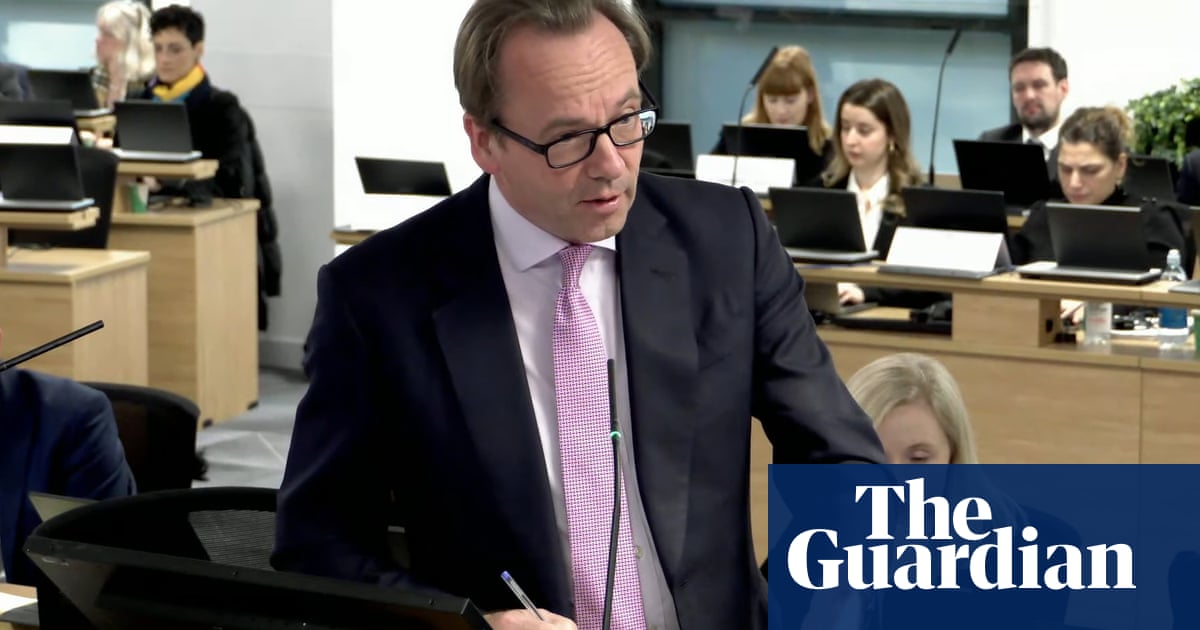
The Royal Borough of Kensington and Chelsea (RBKC) used “decisive influence” to remove the original contractor on Grenfell Tower despite its claims to have delegated responsibility for the works, the public inquiry into the disaster has heard.
In evidence that places the Conservative-controlled council at the heart of a key decision in the run up to the June 2017 fire, the inquiry was told that Laura Johnson, RBKC’s director of housing, lost patience with Leadbitter when it said the project was going to cost £1.2m more than the budget.
RBKC had earlier told the inquiry it had delegated responsibility for the capital programme, major works and maintenance to the Kensington and Chelsea Tenant Management Organisation (TMO). In its opening submission, it said: “The TMO was responsible for health and safety and fire safety arrangements for the housing stock which it managed on behalf of the council, including Grenfell Tower.”
But Johnson “overruled” the TMO and said the council wanted the works re-tendered, which later resulted in the appointment of Rydon on a lower budget, and a cost-cutting exercise that saw metal cladding swapped for combustible plastic-filled panels which fuelled the fire killing 72 people.
She also changed the project’s main priority from sticking to schedule to achieving “value for money”. The project proceeded with “value for money” as a higher priority than quality, the TMO’s project adviser told the inquiry.
Peter Maddison, the director of assets at the TMO, was “overruled by Laura Johnson”, according to an email from the time from its quantity surveyor and employer’s agent, Artelia.
Simon Cash, Artelia’s project director on Grenfell, told the inquiry: “She had effectively told him that what she wanted would take precedence over what he wanted to achieve.”
The project was then re-tendered under European Union procurement rules but Cash said he was “shocked” by aspects of the process which he agreed was “irregular and improper”.
Rydon’s bid came in at £9.25m, less than the £10.05m estimated by Artelia and below the two other bidders. But it was still above the £8.4m budget set by the TMO.
It emerged that Maddison had a long relationship with Rydon’s refurbishment manager Steve Blake, the two men having worked together previously. Blake boasted in one email that he had been “informally advised we are in pole position – ours to lose”.
Cash said this should have “voided the tender process” because the competition was not complete and the interviews had not taken place.
Artelia considered discussing the need to cut costs to meet the budget with Rydon before the award but they received legal advice this would breach EU rules. To deal with that, Cash proposed “an offline discussion”, which he agreed was effectively secret. He wanted to get an informal agreement that Rydon could achieve savings before the award of the contract. The same discussion was not considered with the other bidders, because, Cash said, the gap between their bids and the budget was higher.
Meanwhile it emerged the TMO had directly asked Rydon to find £800,000 in savings before they were notified as the successful bidder, again in apparent breach of legal advice about procurement laws.
Cash told the inquiry this shocked him. He continues to give evidence on Wednesday.












